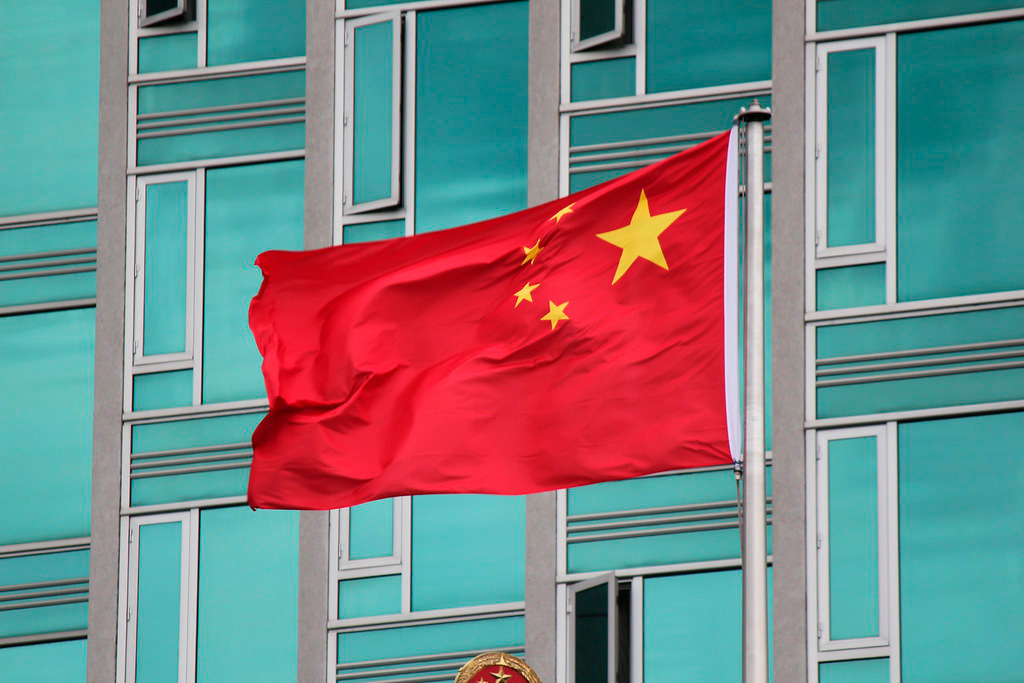In yet another case of the Chinese government’s bullying tactics, China has sought to block the head of Tibet’s government-in-exile from participating in the planned event at National Press Club in Australia this month, undermining free speech in Canberra, according to The Age.
China has been accused of obstructing Penpa Tsering, the leader of Tibet’s government-in-exile, from delivering a speech at the National Press Club.
Chinese embassy officials met with the press club’s chief executive, Maurice Reilly, last week in Canberra to express their displeasure with Penpa Tsering’s scheduled presence on June 20 and to request that his invitation be cancelled, the Australian based The Age reported.
Penpa Tsering is the second democratically elected Sikyong of the Central Tibetan Administration in India.
“China expresses strong dissatisfaction and firm opposition to Australia, in disregard of China’s position and concern, allowing him to use the NPC platform to engage in separatist activities,” the embassy argued in a letter handed to Reilly, The Age reported.
The Chinese side urges the Australian side to see through the nature of the Dalai Clique, respect China’s core interests and major concerns, and take concrete actions to remove the negative effects in order to prevent the disruption of the sound development of China-Australia relations and media cooperation.
National Press Club speeches are broadcast on ABC and are usually attended by senior members of the Canberra press gallery, The Age reported.
Reilly said there were no plans to cancel Penpa’s appearance, for which tickets are already for sale on the press club’s website.
Reilly said he told embassy officials the press club was “an institution for free speech, free media and public debate”. “The meeting was cordial, but they expressed the view quite strongly that Penpa Tsering speaking at the club was offensive to China’s interests as he represents a separatist movement and would the club review the invitation,” Reilly said.
“I explained to them that the board of the National Press Club decides on who speaks at our forum and its decisions are independent of governments or other stakeholders.”
“I also explained that speakers can put their views and that our media members can ask questions and challenge those views as they see fit.”
Penpa’s predecessor, Lobsang Sangay, appeared at the press club in August 2017. The position of Sikyong, or president, of Tibet’s government-in-exile was created in 2011 when the Dalai Lama decided to relinquish his formal political leadership role and hand responsibility to a democratically elected leader, The Age reported.
Also known as the Central Tibetan Administration, the government-in-exile is based in Dharamshala, India and includes judicial, legislative and executive branches.
Beijing fiercely resists any engagement with the body, which is not recognised as a sovereign government by any country, including Australia.
Tibetan human rights campaigner Kyinzom Dhongdue, a former member of the Tibetan parliament-in-exile said, “This is yet another case of the Chinese government’s bullying and its efforts to undermine Australian institutions and silence its critics, The Age reported. “There is no place for Chinese censorship and propaganda in Australia, especially at the National Press Club, a champion for media freedom and free speech.”
Dhongdue noted that Chinese ambassador Xiao Qian spoke at the press club last year and said, “It is only fair that the leader of the Tibetan people gets the same opportunity.
“Tibetans are all too familiar with China’s long arm of repression in Australia and globally.”
Penpa told the US Congress in March that Tibet would “definitely die a slow death” unless the Chinese government was forced to change its current policies.
Three United Nations experts last year declared, “We are alarmed by what appears to be a policy of forced assimilation of the Tibetan identity into the dominant Han-Chinese majority, through a series of oppressive actions against Tibetan educational, religious and linguistic institutions.”
Around 1 million children of the Tibetan minority were being given a “compulsory education” curriculum in Mandarin Chinese without access to traditional or culturally relevant learning, the special rapporteurs found.

